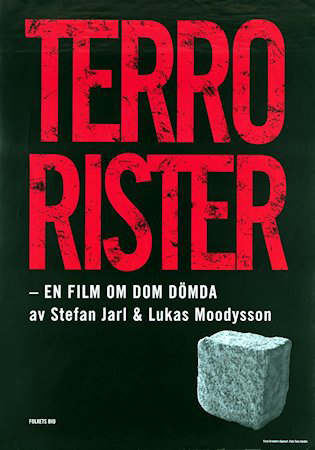Filmer av Stefan Jarl
S-tänk
Snutarna
Dom kallar oss mods
Bekämpa byråkratin
Gisslan berättar
Förvandla Sverige
Bojkott
Vi har vår egen sång-musikfilmen
Ett anständigt liv
Memento mori
Naturens hämnd
En av oss
Själen är större än världen
Hotet/Uhkkadus
Tiden har inget namn
Goda människor
Jåvna, renskötare år 2000
Det sociala arvet
Samernas land/Same Ätnam
Jag är din krigare
Liv till varje pris
De hemlösa
The Jan Troell Band
Skönheten skall rädda världen
Gästgivargår´n
Hårdare tag
Muraren
Terrorister – en film om dom dömda
Paradise lost
Flickan från Auschwitz
Epilog
Kor är fina
Min kompis kajan
Om kajors intelligens
Underkastelsen
Godheten
Koltrasten
State of Mind
Ojämlikhet dödar
Ett barn är fött
Homo Narrans
All that is solid melts into air
5 år efter Underkastelsen
Innan vintern kommer
Brevfilmen – Premiär mars 2021


 Solskenslandet – utdrag
Solskenslandet – utdrag